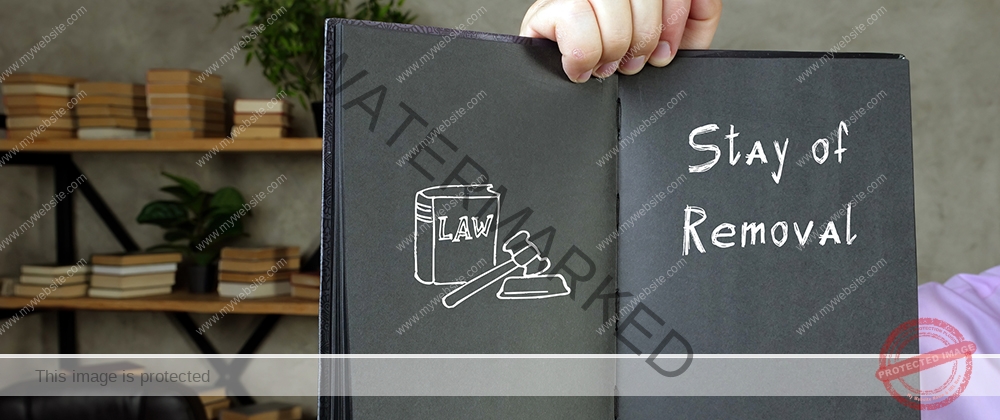As we had previously mentioned in our blog posts, the Obama administration has decided not to enforce the Defense of Marriage Act (DOMA), which bars marriages between same sex couples. However, the law still remains in the books and until it is overturned by the Supreme Court, it will continue to cause problems for same sex couples, especially those who are bi-national and seek to claim their spouse. While the Department of Homeland Security has decided not to preclude lesbian and gay U.S. citizens and lawful permanent residents from obtaining immigrant visas for their spouses, this has so far been done on a case by case basis and as such, this right is not extended to everyone but is nevertheless gaining momentum making it more common by the day. Needless to say, the political landscape has changed drastically with regards to this issue. Today, lesbian and gay couples in six states plus the District of Columbia have the freedom to marry under state law. Yet because of DOMA bi-national married couples continue to face potential separation. However, last week, the First Circuit Court of Appeals in Boston heard oral arguments in two cases challenging the constitutionality of DOMA’s definition of marriage. The hearing marked the first time a federal appellate court heard arguments on this issue, and it will likely be the first appellate court to rule on DOMA’s constitutionality, probably within the next few months. The district court below had concluded that DOMA’s definition of marriage is unconstitutional because there is no rational basis for discriminating against married same sex couples.
As we had previously mentioned in our blog posts, the Obama administration has decided not to enforce the Defense of Marriage Act (DOMA), which bars marriages between same sex couples. However, the law still remains in the books and until it is overturned by the Supreme Court, it will continue to cause problems for same sex couples, especially those who are bi-national and seek to claim their spouse. While the Department of Homeland Security has decided not to preclude lesbian and gay U.S. citizens and lawful permanent residents from obtaining immigrant visas for their spouses, this has so far been done on a case by case basis and as such, this right is not extended to everyone but is nevertheless gaining momentum making it more common by the day. Needless to say, the political landscape has changed drastically with regards to this issue. Today, lesbian and gay couples in six states plus the District of Columbia have the freedom to marry under state law. Yet because of DOMA bi-national married couples continue to face potential separation. However, last week, the First Circuit Court of Appeals in Boston heard oral arguments in two cases challenging the constitutionality of DOMA’s definition of marriage. The hearing marked the first time a federal appellate court heard arguments on this issue, and it will likely be the first appellate court to rule on DOMA’s constitutionality, probably within the next few months. The district court below had concluded that DOMA’s definition of marriage is unconstitutional because there is no rational basis for discriminating against married same sex couples.
The lawyer for Gay and Lesbian Advocates and Defenders (GLAD)-a leading rights organization that represents the plaintiffs in one of the cases said: “The promise of equal protection is that likes are to be treated alike—but DOMA treats married same-sex couples differently from all other married persons, making gay people and our marriages unequal to all others.” Notably, two of the lawyers who are urging the Appellate court to strike down DOMA are doing so on behalf of the government—one on behalf of the Obama administration and the other on behalf of the Commonwealth of Massachusetts. In addition to this historic case, last week, five bi-national married couples filed a lawsuit in New York challenging DOMA in the immigration context. The couples are lawfully married but, because of DOMA, the U.S. citizen spouse is precluded from successfully petitioning for an immigrant visa for the noncitizen spouse. The court complaint states: “As a nation, we want to keep families together, not rip them apart.” And DOMA, of course, does the opposite of that. It is right about time homosexual couples received the same treatment as heterosexual ones, because being able to claim their spouse for immigration benefits and have their spouse by their side should not be a right they are excluded from.



